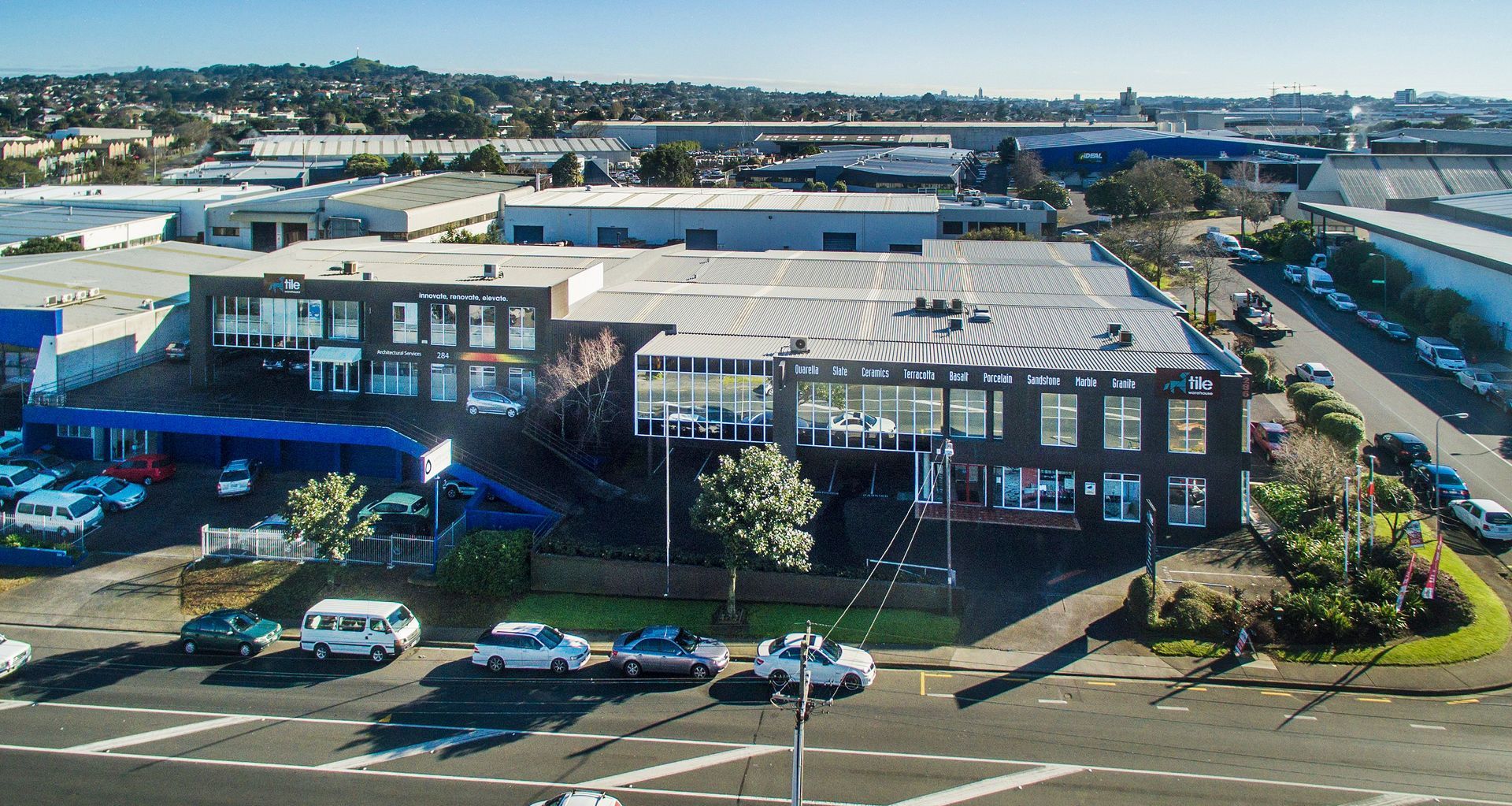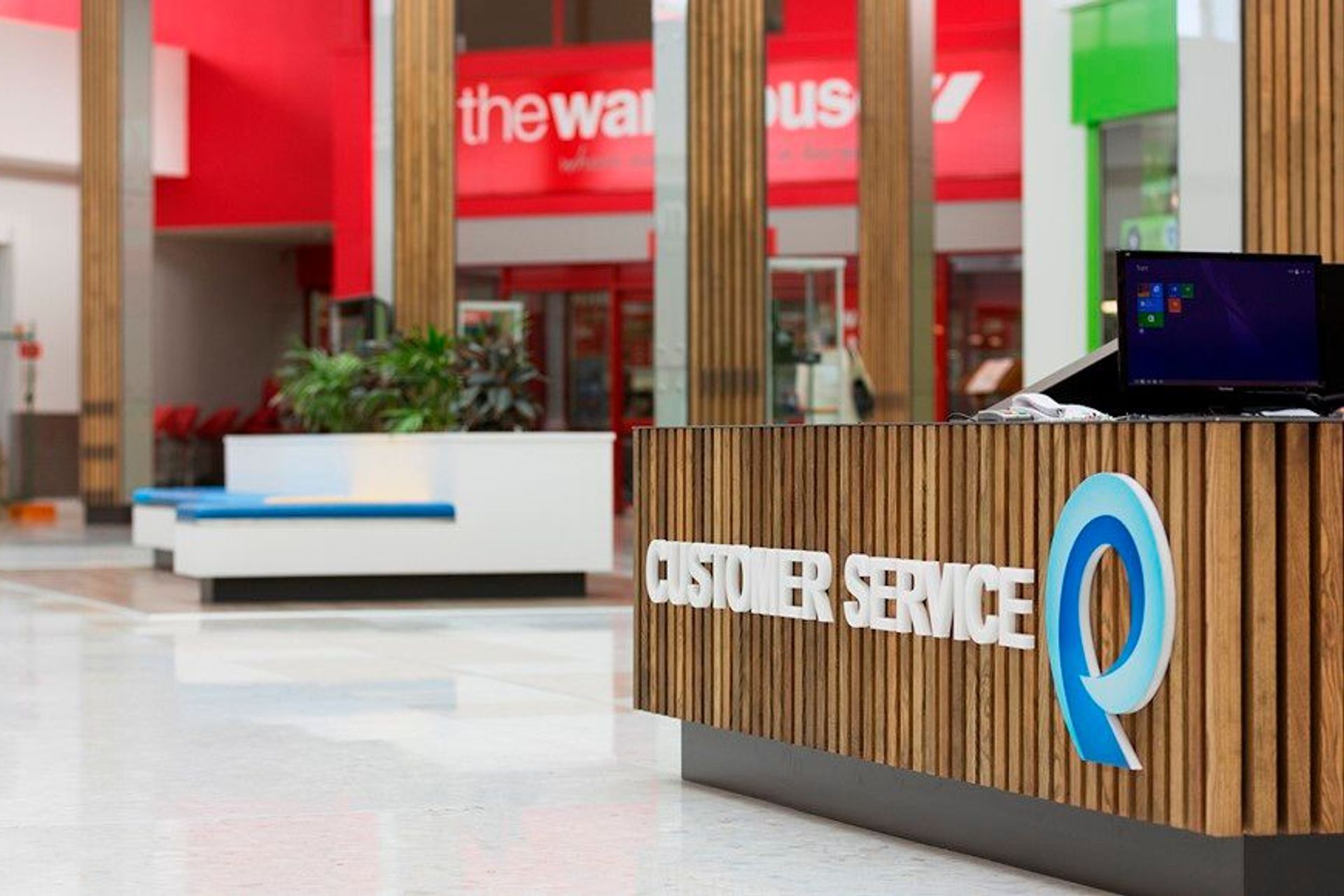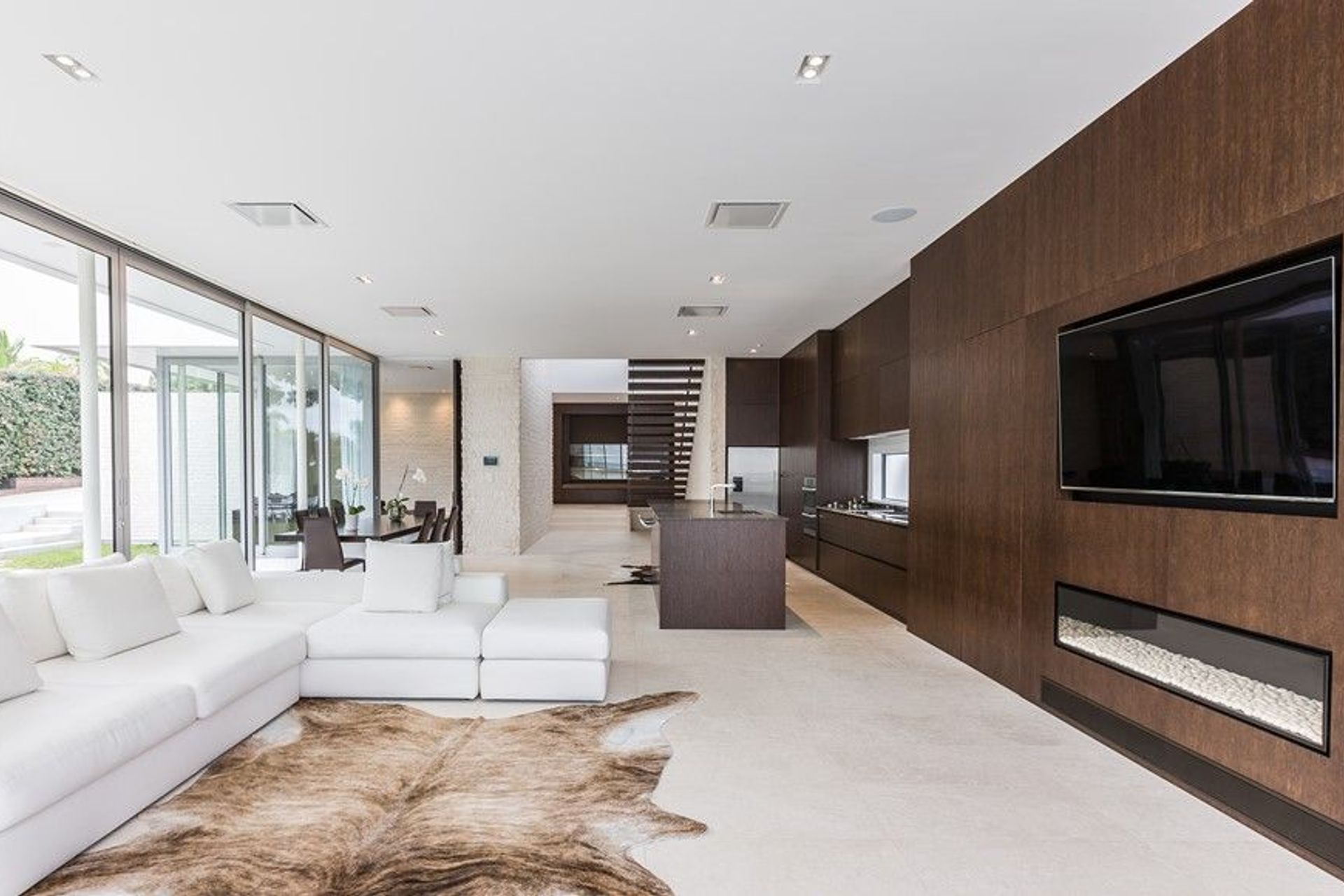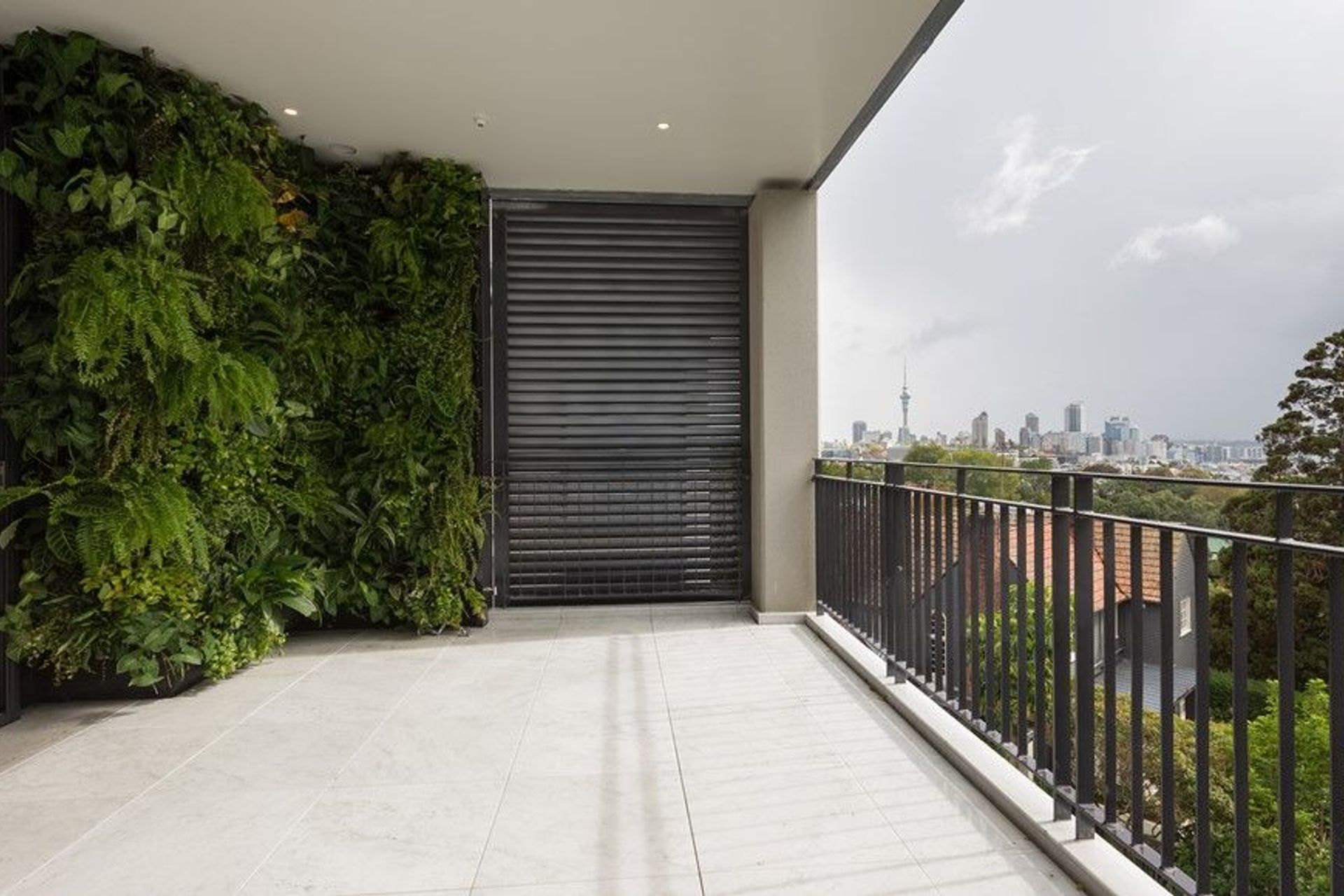When your brief demands sustainable choice

Because of the base nature of the product, ie: clay, tiles contain none of the chemicals that have been in the news associated with other flooring products and health issues. It’s also long-lasting, easy to clean, fire-safe, and slip-resistant. Perhaps, most importantly - from a sustainability point of view, it is free of ‘VOC’ - Volatile Organic Compounds.
10 Key Facts for a Sustainable Result
1. VOC toxins - The production of ceramic tile does not include the use of toxic chemicals in the manufacture process. Alternatively products such as Vinyl can emit various levels of toxic ‘Volatile Organic Chemicals’ which are harmful to the air quality of the immediate environment and can cause respiratory problems over time. This is particularly important when considering children living in the home or those with bronchial ailments, such as asthma.
The main ingredient used in the manufacture of vinyl is petroleum. The technical name for VINYL is PVC. Dioxins are created during the manufacture of the Chloride in PVC. Other toxins produced during the manufacture of the chlorine in PVC include ethylene, dichloride and vinyl chloride.
Note: Most manufacturers do not list the Materials that make up engineered flooring products produced during production.
2. Formaldehyde is a chemical long associated with respiratory disorders, and exposure is a particular concern for children and the elderly, according to the ‘Centres for Disease Control’ (CDC) in America *. In fact, formaldehyde emissions for several wood-based building and flooring products have been federally restricted in America since 2011 under the ‘Formaldehyde Standards for Composite Wood Products Act’. On the reverse side, as a fired product, ceramic tile is formaldehyde-free.
3. With regards to the occupant safety of the many flooring choices available, ceramic tile stands out when Slip/fall safety is a consideration because of the thousands of floor tile choices that are slip-resistant when wet. This is in stark contrast to floorings that, according to their manufacturers, must be kept dry in order to be slip-resistant.
4. With a 60-year service life, tile is not only cost-effective but is sustainability-speaking, the best choicefor reducing negative environmental impacts, resource use, and demolition waste, when compared to most flooring products. Many of which need to be replaced more frequently such as the increasingly-popular LVT’s, LVP’s and engineered timber flooring on the New Zealand market currently.
5. Biodegradable: Tile is biodegradable, other flooring finishes such as LVT are not due to the product used in its manufacture (eg: PVC).
6. Shrinkage: LVT has many documented issues with shrinkage. In any areas where there is sunlight, the installation needs to be done using an Epoxy glue plus the substrate has to be tested for moisture prior to installation. Humidity also has to be within certain limits. These are Issues which has resulted in specifiers, Group Housing customers and soft flooring resellers now reluctant to recommend this product.
7. Humidity: Many engineered flooring products are susceptible to moisture with humidity being a major problem. So for areas such as Auckland and Northland, vinyl is not always ideal.
8. Moisture: Tile is the best option for wet areas like bathrooms. Front entrance ways and kitchens often get wet also so products that do not swell and shrink when exposed to moisture should be chosen for these areas.
9. Hypoallergenic: Tile is inhospitable to mould, dust & bacteria so it does not trap mould in the product and release mould spores into the atmosphere…that we breathe!
10. Fire Hazards: If a fire breaks out and vinyl catches flame, it will begin to emit noxious fumes which will fill the air with harmful toxins including dioxins.
11. The Test of Time: It makes sense when selecting finishings, to ensure products are chosen that stand the test of time. Soft flooring is inherently less permanent and some would say only a temporary flooring due to its softness in regards to surface hardness and susceptibility to deep abrasion and wear. A properly installed ceramic tile floor will outperform and outlast nearly any other.



